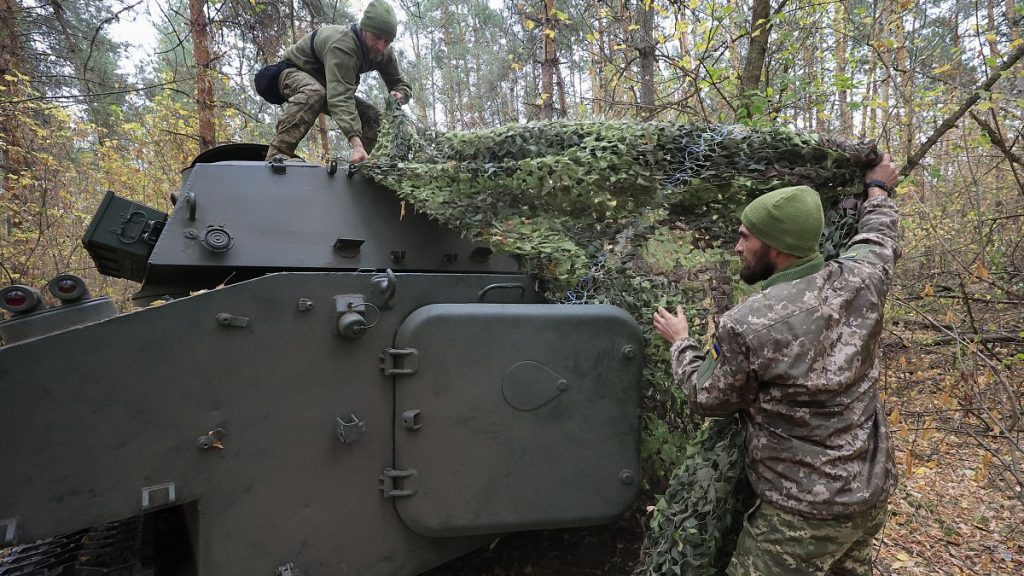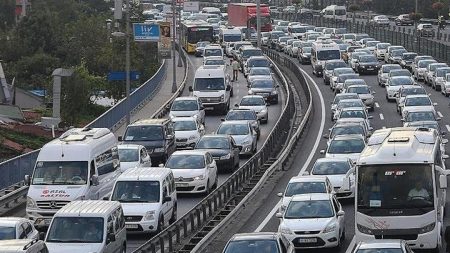European Union officials are currently seeking ways to work around Hungary’s veto on military assistance for Ukraine disbursed through the European Peace Facility (EPF). Budapest has been blocking the transfer of €6.6 billion for about a year and a half, leading to criticism from other member states and Ukraine as it faces challenges on the battlefield in the approaching winter months. The EPF was established in March 2021 as a tool aimed at enhancing the EU’s capabilities to prevent conflicts, promote peace, and bolster international security and stability. The facility was created with the intention of facilitating the delivery of military aid to partner countries and supporting the deployment of EU military missions under the Common Foreign and Security Policy (CFSP). It operates on two pillars, one being funding for EU operations under the CFSP and the other being assistance provided to third non-EU countries to strengthen regional security.
Initially allocated €5 billion for the 2021-2027 cycle, the EPF’s budget was significantly expanded following Russia’s invasion of Ukraine, with the EU using the facility to partially reimburse member states for weapons and ammunition donated to Kyiv. The budget for the period now stands at approximately €17 billion, with €11 billion earmarked for Ukraine. As the EPF is not part of the EU budget and relies on member states’ contributions, decisions, including those regarding support for Ukraine, require unanimous approval from all 27 member states, giving Hungarian Prime Minister Orban the power to veto. Orban has been vocal in his opposition to increasing support for Ukraine, potentially due to his close ties with former US President Donald Trump, who also did not prioritize aid to Ukraine. Discussions are ongoing to find ways to bypass Hungary’s veto, including through voluntary contributions from member states or through exceptional macro-financial assistance linked to the EU budget, pending confirmation by the European Parliament.
The EPF’s support for Ukraine is primarily focused on the defense and security sector, with only a small portion allocated for reconstruction efforts in the country. Despite the urgent need for military assistance in Ukraine, Hungary’s veto has stalled the disbursement of crucial funds, leading to frustration among other EU countries and the Ukrainian government. In response to Hungary’s obstruction, EU officials and diplomats are exploring alternative strategies to ensure that military aid reaches Ukraine in a timely manner. Proposed solutions include voluntary contributions from member states and exceptional macro-financial assistance that could be tied to the EU budget rather than the EPF. These proposals are under consideration and require further discussion and confirmation by relevant authorities.
The issue of Hungary’s veto on military assistance for Ukraine was raised during a recent meeting of foreign ministers in Luxembourg, highlighting the urgency and importance of finding a resolution to the impasse. The conflict in Ukraine, exacerbated by Russian aggression, has heightened the need for international support and solidarity, making it crucial for the EU to find ways to bypass obstacles preventing the disbursement of vital aid. With discussions ongoing and potential solutions being considered, there is hope that a way forward will be identified to ensure that Ukraine receives the necessary military assistance to address the ongoing conflict and safeguard its security. By exploring alternative avenues and adapting to the challenges posed by Hungary’s veto, the EU aims to uphold its commitment to promoting peace, security, and stability in the region, particularly in the face of escalating tensions and threats to Ukraine’s sovereignty.















